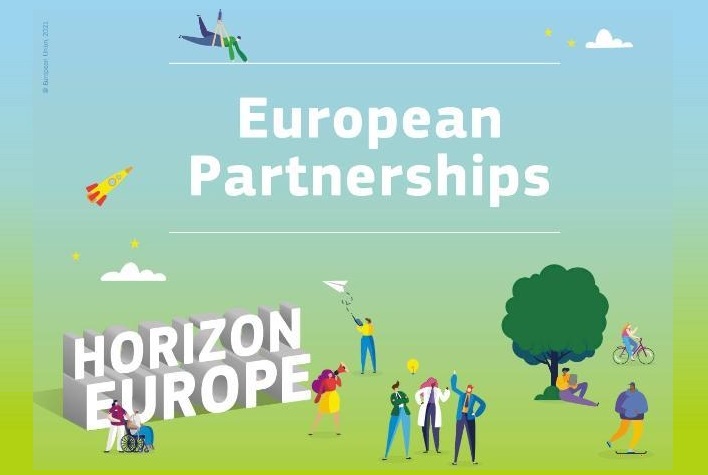The European Commission has announced the results of the competition Fair, healthy and environmentally-friendly food systems from primary production to consumption (HORIZON-CL6-2023-FARM2FORK-01).
As of 1 January 2024, the National Research Institute of Animal Production, as part of a consortium of ninety-one partners from 24 EU and non-EU countries, under the leadership of Ghent University, will start a cooperation planned for 10 years, within the framework of the European Partnership for Animal Health and Welfare (PAHW). Two units from Poland are participating in the project, including the National Research Institute of Animal Production and the National Veterinary Research Institute.
The starting point for the planned work was the adoption of an ambitious partnership approach based on common priorities, in line with the idea of European partnerships bringing together the European Commission and private and/or public partners to address Europe’s most pressing challenges through joint research and innovation initiatives.
The thematic scope of the approved tasks covers two main areas: Animal Health (infectious diseases in animals, including public health implications) and Animal Welfare (welfare of farm animals, terrestrial and aquatic animals, wild animals and companion animals).
The objectives of the partnership are: to strengthen preparedness for upcoming and emerging threats to animals and humans, to promote and support animal welfare, to generate innovative methodologies and products, in the defined area of action, to support the legislative process on animal health and welfare. The expected results of the planned activities will be: reduction of the socio-economic and environmental impact of infectious animal diseases, improvement of animal welfare, economic analysis of the profitability of protected farms, safe food and public health benefits.
The National Research Institute of Animal Production will be involved in four thematic areas:
OO6 – Action 1. Animal welfare & sustainability
Subtask 1.1 Identification of systems promoting animal welfare
Task 2: Development of a shared methodology for a multi-criteria assessment of sustainability
Task 4. Dissemination at the territorial/national/European regional level
OO4 – Action 1. Assessment of positive welfare; defining animal-based measures
Task 2.2. Experimental validation of indicators of positive affective states using cognitive bias tests
Task 2.3. Relationship between potential indicators of positive affective states and situations and resources that are preferred and valued by the animals
Task 3.1 Short-term protocol including considerations on how to aggregate positive and negative indicators of affect
Task 3.2 Long-term protocol including considerations on how to combine indicators of positive and negative affect into a final ‘affect balance’
OO8 – Action 1. The role of the immune system of food producing animals
ST 4.1 Viral and vaccine-induced immune responses in pigs
OO5 – Action 4. Reinforcement of animal resilience
Task 1: Establish a pan-European network of experts in genetics (breeding), feed additives including pre- and probiotics applied ethology, stress physiology and immunology
Task 3: Study the (combined) effects of genetics, feeding and management practices on resilience and health traits and welfare
Project contact:
Dorota Godyń, Ph.D. Eng. dorota.godyn@kinga-gwozdz
Anna Orchel-Szeląg, M.Sc. anna.orchel@iz.edu.pl
